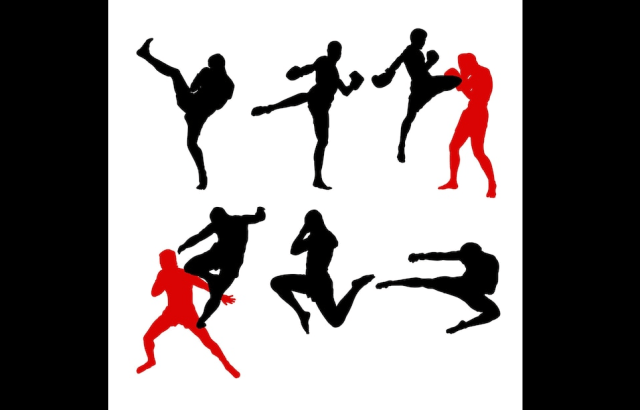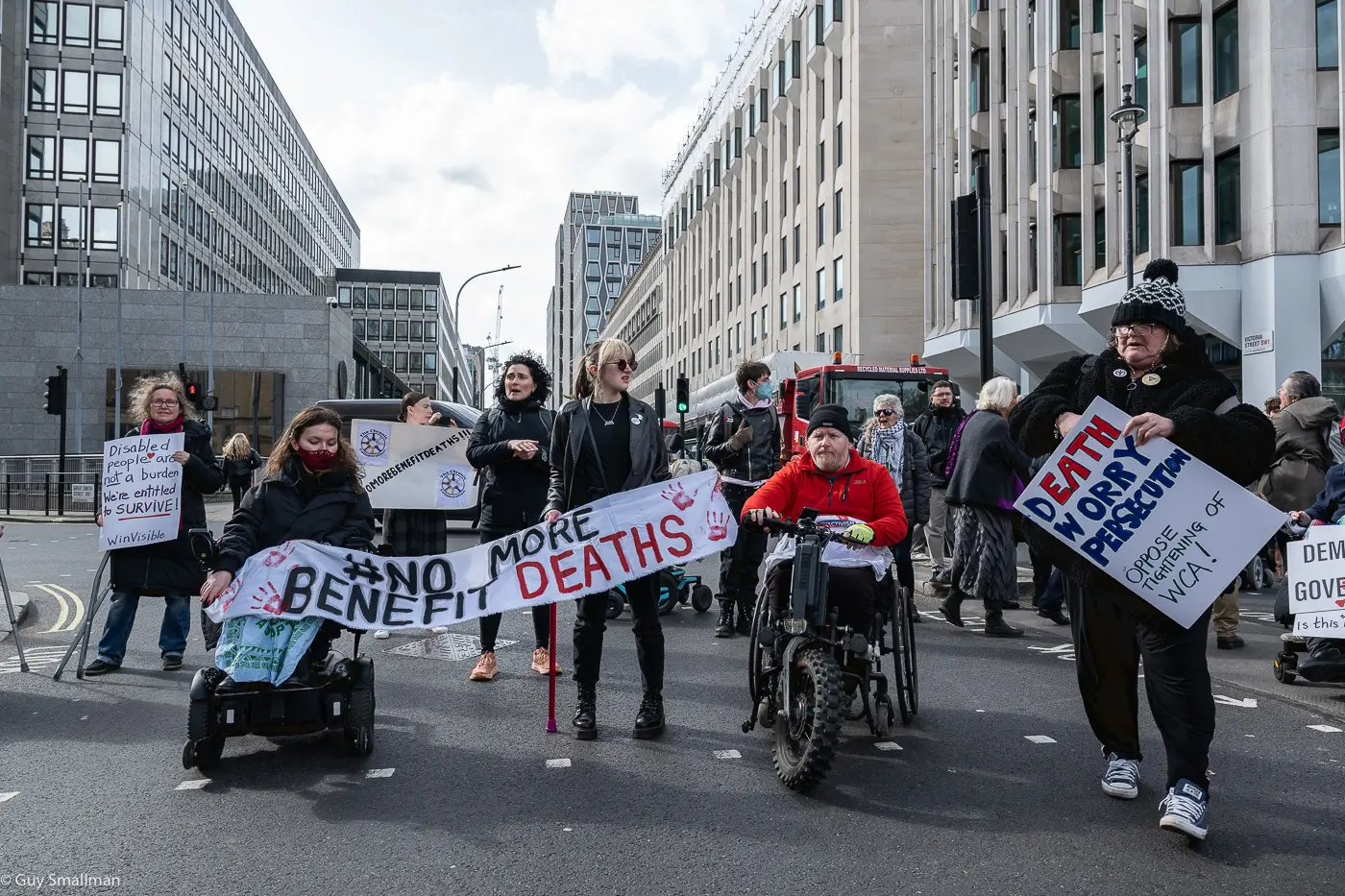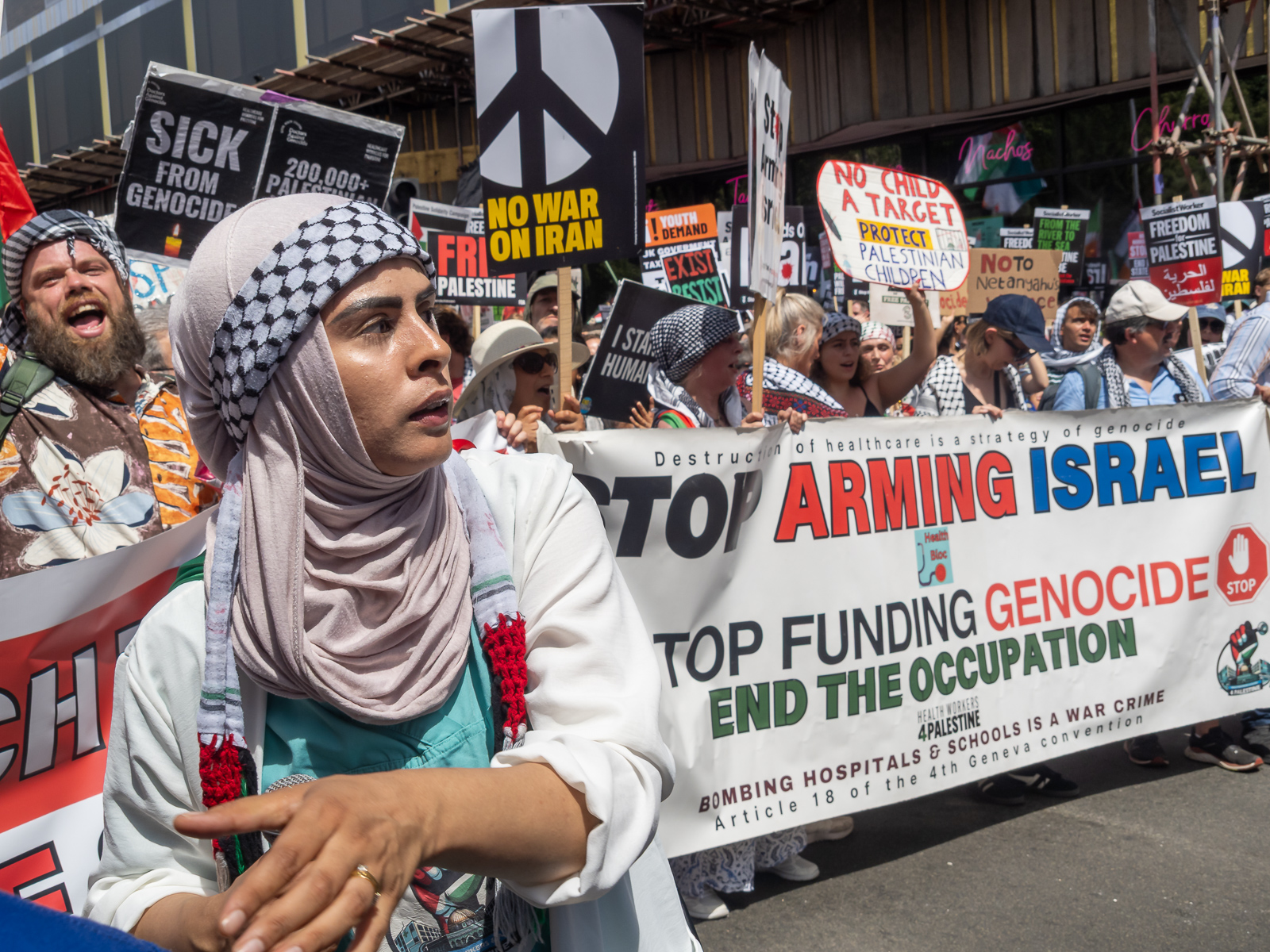Following a recent tourney, one member from a participating gym talks about the need for and increasing number of explicitly political self-defence spaces.
~ Anon ~
Give us a bit of context.
I’m part of a London red gym that’s been organising regular Muay Thai and self defence sessions for more than two years. Last month we travelled up North to take part in a red gym interclub organised by a Leeds club called Mutiny Athletic, which brought together anti-fascist, anti-racist and queer gyms from across the country.
What’s a red gym?
A red gym is a grassroots anti-fascist martial arts and fitness group which allows participants in a broad range of liberatory social movements to train together, build skills and fitness and strengthen ties. Some gyms in Europe have their own spaces and are run like regular clubs. In the UK we generally aren’t as developed due to a number of factors including extremely high commercial rents and property prices.
What sort of places were represented and what political mix do you get?
There were clubs from London, Bristol, Leeds and Bradford. There were boxing, BJJ, Muay Thai and kickboxing bouts. Mutiny put on a cracking event, there were around 150 spectators, the venue was packed out and there were over 20 bouts! In a our gym we have a broad mix of political persuasions, but we are all on the left and are all anti-fascist. Some of us are involved in social movements, anti-imperialist struggles, Palestine solidarity and anti-fascism.
How do ‘red gyms’ differ from regular ones in eg. how they interact with communities?
We have community values, we are non profit and volunteer run. We see ourselves as part of anti-fascist and liberatory struggles, it’s a political project ultimately.
What takeaways have you had in terms of learning to organise and run them?
The main point for organisers is to turn up week after week and set up and run regular sessions. If there isn’t a regular schedule then people will drop away over time. We shouldn’t wait for other people to orgainse stuff for us, we need to do it ourselves. Most of us had no experience of teaching when we started, we just stuck to what we knew and got better over time. We also need to be open to members taking on work/ stepping up. Organising is for everyone who wants to put in a shift and we shouldn’t gatekeep that.
What similarities and differences did you see among the gyms that came along, any lessons you took away?
Clubs brought fighters of different skill levels but everyone was up for it and the fights were solid. There was an atmosphere of support and solidarity between clubs and fighters. I think our main lesson was these kind of country wide events need to happen more often. Fascists are organising in the UK but they’re unevenly spread. It’s only by coming together that we can build solidarity and power in or near areas were fascists are strong.
How do you reckon the concept – and implementation – of red gyms plays out?
I think we’re building power in a few different ways. One is developing physical skills and capacities, and with that confidence to act in the world. Defending our organising doesn’t mean some macho one on one display of prowess, it means acting together as movements to further our wider liberatory goals. Connections built between members, and between clubs are just as, or even more important.
Training spaces are known, perhaps unfairly, for having a strict master student model. How can (does) this break down in more horizontal ways?
There is some benefit to deferring to expertise in martial arts. Learning incorrect technique can mean someone ends up spinning their wheels or getting themselves injured. That being said, teaching, coaching and organising can be done by anyone and anyone in the club could step up and do things. In that way we break down some of those distinctions.
Was the interclub a success? How do you feel about the potential and importance of such spaces?
The interclub was a massive success, big crowd, high energy, fighters and clubs coming from all over. Massive props to Mutiny for putting it on. It’s been ages since one of these things happened in the North and it showed how there’s loads of shit going on outside of the capital. Fascism is weak in London and stronger in the north, we need to build and support stuff there. We’ve heard Mutiny is putting on another one later in the year so it looks like things are picking up! We’re definitely going to be at the next one.
This article first appeared in the Summer 2025 issue of Freedom Journal.








